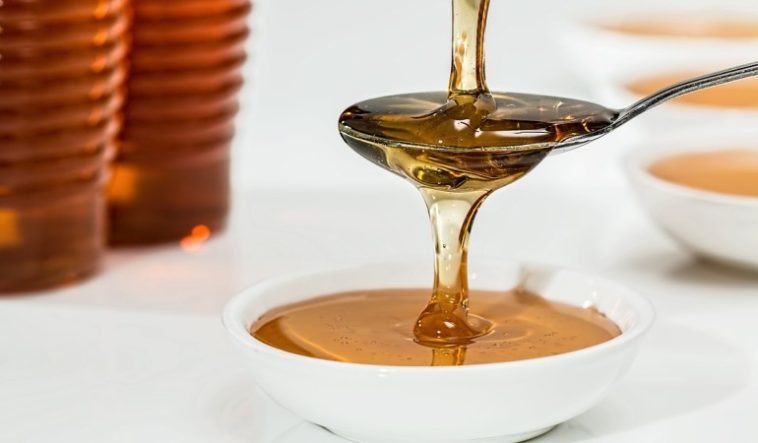While adding honey to food typically adds flavour, studies have shown that it can also have significant positive effects on health. Additionally, the group discovered that raw honey from a single floral source has the greatest effect.
The study’s authors conducted a systematic review and meta-analysis after reviewing a sizable number of clinical trials on honey. They came to the conclusion that honey eating decreased fasting blood glucose levels and decreased LDL, generally known as “bad cholesterol” because it is a sign of fatty liver disease.
In addition to lowering LDL, honey was also found to increase levels of “HDL, the “good” cholesterol.
According to a university press release, Tauseef Khan, a research associate in nutritional sciences at the Temerty Faculty of Medicine at the University of Toronto, “these results are surprising considering honey is around 80% sugar.”
But honey also contains a variety of organic acids, proteins, uncommon sugars, and other bioactive substances that almost certainly have health advantages “He clarified.
The U of T team’s most recent endeavour is the most thorough and in-depth analysis of the advantages and wonders of honey. It has researched the processing and floral source in addition to the obvious benefits and drawbacks.
The majority of nutrition and public health professionals, according to John Sievenpiper, an associate professor of nutritional sciences and medicine at the University of Toronto and a clinician-scientist at Unity Health Toronto, think that “a sugar is a sugar.”
The identification of honey as a free or added sugar in dietary guidelines, according to the results, “could be questioned,” he stated.
The group of specialists, whose work was published in the journal Nutrition Reviews, emphasised the context in which their findings should be interpreted and noted that the advantages only applied to those who maintained a healthy diet. Khan stated that the group did not believe that consuming honey would instantly make them healthy.
The key message, according to Khan, “is more about a replacement: substituting honey for table sugar, syrup, or another sweetener may reduce cardiometabolic risks.”
More than 1,100 people were included in the authors’ sample of 18 controlled studies. Each trial was graded so they would know which ones had weak evidence. However, depending on the quantity, processing, and floral source of the honey, the effects were either positive or neutral.
The median daily intake across trials was about two tablespoons (or 40 grammes) of honey. They discovered that honey from monofloral sources has the most positive effect on health.


